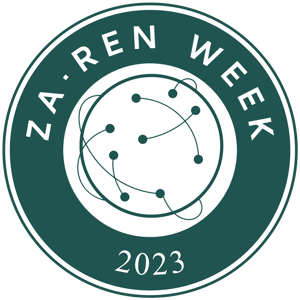Speaker
Description
The South African Dialogue Facility programme recently supported two policy dialogues on open science hosted by the Department of Science and Innovation with the aim of strengthening science diplomacy between South Africa and the European Union. The most recent project conducted from 2021-2022 informs the development of a South African Open Science Cloud (SAOSC) to provide the research community with a federated and open multi-disciplinary computational environment where they can find and reuse data, tools and services for collaborative research and innovation.
Scientists increasingly seek to execute computational research processes on cloud-based infrastructure resources that provide the tools and services designed to meet the needs of their scientific domain, irrespective of geographic location. Reliant on robust existing research networks, many South African researchers have identified such resources, and are making use of them under personal agreements. Based on the value proposition that data held in South African repositories has significant impact on diverse areas of human development, with potential for exponentially increased effect if shared and reused by the research community, the SAOSC dialogue examined the practices and risks of engagement in international collaboration. Recommendations were made for support actions and services that enable South African researchers to access resources and contribute to global solutions, in the assurance of mutual benefit, and in alignment with the concurrent development of a national open science policy for South Africa.
Growing support of the global movement towards open science offers a new multi-dimensional approach to research cloud infrastructure by reducing current fragmentation in sustainable and federated infrastructure models to enable open sharing of scientific results for increased social impact and innovation. This presentation will provide an overview of guidelines and principles developed, addressing critical aspects such as governance and management, resourcing, policies, monitoring and evaluation, and the technologies enabling open science. Directed at the stakeholder community these take the novel form of a declaration, intended to secure the commitment of the research community to establish and actively support the SAOSC as a user-driven research support service.
A further set of policy-based recommendations will be discussed, setting out the necessary actions to be taken by the Department of Science and Innovation to establish an SAOSC. The recent emergence of initial cloud infrastructures, such as the SKA, ILIFU and SARIR projects provide the means to address immediate technical, policy and organisational issues with a long-term focus on human-centric research support, advocacy and change management in the adoption of evolutionary open science practice.

